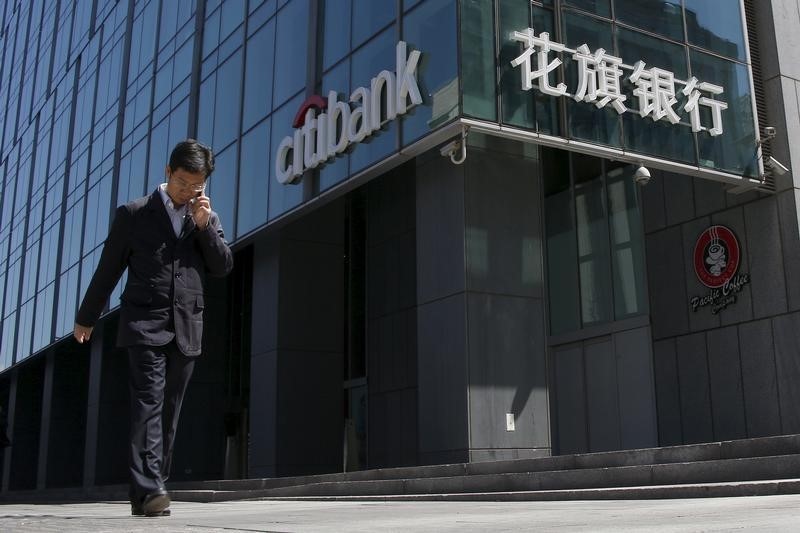In the third quarter of 2023, Citigroup (NYSE:C) reported a net income of $3.5 billion, with earnings per share (EPS) of $1.63. The banking giant saw revenues increase by 10% across all five core business segments, with the Services segment experiencing its highest revenue quarter in over a decade. The company also unveiled Citi Token Services, a digital asset solution for its TTS clients, and announced organizational changes aimed at simplifying its structure.
Key takeaways from the call:
- Citi's Security Services and Markets segments recorded revenue growth of 16% and 10% respectively, while banking revenues grew by 17%.
- U.S. Personal Banking saw double-digit growth, driven by robust revenues in branded and retail services portfolios.
- Citi plans to eliminate over 15% of regional and functional roles and close 60 committees as part of its organizational changes.
- The company is working on mitigating actions in response to potentially high capital requirements.
- Citi returned $1.5 billion to shareholders through dividends and stock buybacks in Q3 and plans to continue buybacks in Q4.
- The company's CET1 ratio grew to 13.5% and it maintains a stable deposit base and strong credit quality.
During the earnings call, Citi reported a 9% increase in total revenues on a reported basis and 10% excluding divestiture-related impacts. Expenses were up 6%, primarily due to investments in transformation and risk and controls. The cost of credit rose by 35% to approximately $1.8 billion, driven by card net credit losses and volume growth. The bank maintained over $20 billion in total reserves with a reserve-to-funded loan ratio of approximately 2.7%.
The company also announced the divestiture of its Taiwan consumer business and the sale of its consumer wealth portfolio in China to HSBC. The sale of its Indonesia consumer business is expected to close in the fourth quarter. Citi remains committed to its transformation efforts, which include automating manual controls and processes, consolidating tech platforms, and upgrading its data architecture.
In an effort to streamline operations, Citi is integrating its investment bank, corporate bank, and commercial bank. This consolidation is expected to enhance cross-selling and synergies among different banking sectors. The bank expects to complete this process by the end of the first quarter.
Citi's executives expressed confidence in the company's ability to achieve its revenue growth targets of 4% to 5%. CEO Jane Fraser highlighted the tailwinds behind their core strategy and the control they have over the drivers of growth. She also emphasized the importance of organizational simplification in reducing expenses. Despite facing headwinds from macro, regulatory, and geopolitical factors in recent years, Fraser affirmed that Citigroup has consistently met its revenue and expense guidance and remains committed to executing its strategy.
CFO Mark Mason discussed the trajectory of Net Interest Income (NII) for the next year, expecting to benefit from higher rates across currencies and card interest-earning balance growth. However, Mason also noted that the company's NII will be impacted by the exits of certain countries, such as Taiwan.
In terms of credit, there has been a slight increase in delinquencies and losses in corporate loans, driven by country rating adjustments and a few specific names. However, Mason assured that the company is well reserved for these expectations.
The call concluded with closing remarks from Jen Landis, directing any follow-up questions to the Investor Relations team.
This article was generated with the support of AI and reviewed by an editor. For more information see our T&C.
